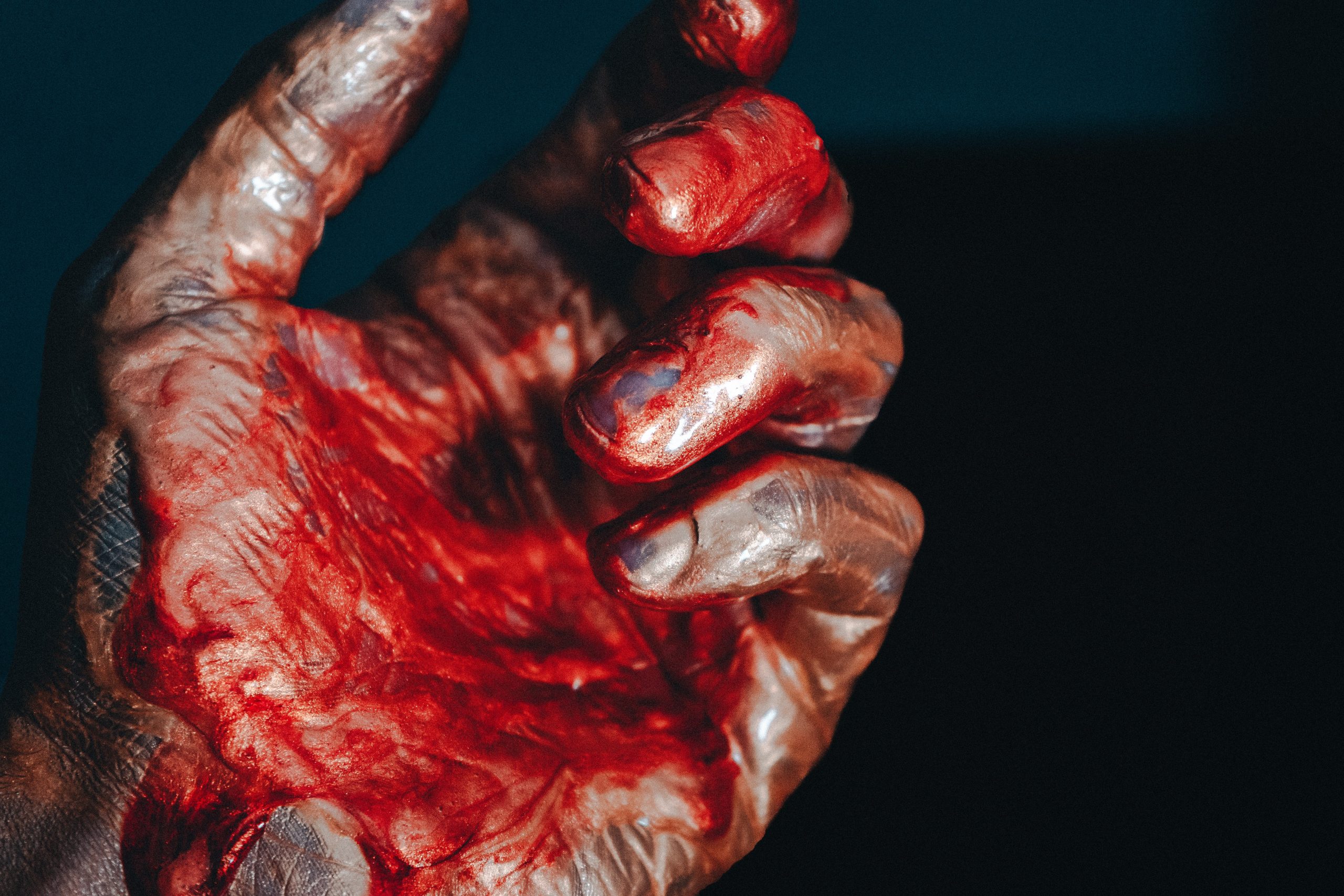OPINION
Jonathan Soldano
El Salvador has always been a country known for its murders. It was one of the few things I knew about the place all my life. But over the last five years, its murder rate has dropped by over 90%. How have they done this?
It has a poor record for homicides. In 2015, the country saw over 6,500 murders. This, with their small population of around 6 million people, translates to 103 homicides per 100,000 people. This made it the most dangerous country in the Western Hemisphere. For context, New Zealand’s rate in 2015 was 2.6 per 100,000, making 103 nearly unfathomable.
In 2019 the country elected Nayib Bukele who made cracking down on this gang violence a priority in his administration. He first instituted a ‘Territorial Control Plan’ which increased the police and military presence. This is a far cry from the Western world’s insistence that increased police presence in poor neighbourhoods is racist and dangerous. Unsurprisingly, the homicide rate dropped to just 18 homicides per 100,000 in 2021, the lowest it had been since their civil war in 1992.
The downtrend only went so far and in March 2022 they saw a sudden surge of 87 murders in 3 days. The victims were targeted randomly by gangs in retaliation for the government’s seizure of two bus routes in the capital. The bus routes in question were a major source of revenue for one of the gangs. This was a clear message from the gangs to the government that they would not accept their new measures.
Bukele did not bend the knee to this intimidation. He instead issued a state of emergency to take immediate action against the gangs. They created quotas for the security forces for arrests, suspended judges’ ability to grant bail, and increased the time prisoners could be detained without trial. They created checkpoints for checking IDs, raided possible gang members’ homes and reduced the age of criminal responsibility down to twelve years old.
The measures were very effective. After a month over 17,000 people had been arrested. Bukele quickly had to announce the building of a new 40,000-person prison, which was completed in January of 2023. He even reduced prisoners’ rations to handle the influx. Since March of 2022 more than 70,000 people have been arrested in El Salvador. Their 2023 homicide rate now stands at 2.4 per 100,000 people, second in the Americas, behind Canada.
A country which was thought to be impossible to change has done a complete 180. Bukele has a favorability rating of 85%, and for good reason. It shows us in New Zealand that it can be done. Many have praised this action and implied the same thing should be done to get certain dangerous cities under control – think Chicago.
The concern I have regarding this action being adopted in New Zealand is that it could set a dangerous precedent. The government declaring a state of emergency and suspending people’s rights is a very scary thing and it’s natural to be hesitant. We saw the damaging effects of this during Covid. We would say the rights of law-abiding citizens were stepped on during Covid while El Salvador only stepped on the rights of violent criminals to protect the rights of law-abiding citizens. I tend to believe that stepping on the rights of criminals, gang members and murderers, to uphold and protect the rights of citizens is not a bad thing, as many would.
But what constitutes a ‘criminal’ is an important distinction. El Salvador saw any gang member as a criminal. During Covid, Ardern’s Government implied that anyone who didn’t wear a mask could be a criminal. Measures like this risk the government defining what a criminal is. As we well know, it is easy to claim public safety and then criminalise those who are deemed to violate it. The parallels are clear here; they cracked down on gangs for public safety. Of course, to the rational mind, going out during Covid is different from murdering in the street, but in the hands of power-hungry bureaucrats and politicians, this could be abused.
I am in awe of what they have achieved in El Salvador and believe it to be a very positive thing for their country. We certainly can take notes in New Zealand and see that violent crime can be tackled. Thankfully our crime rates in New Zealand do not require such drastic measures but we can avoid worsening crime by doing simple things like increasing police presence and instituting harsher sentences.

